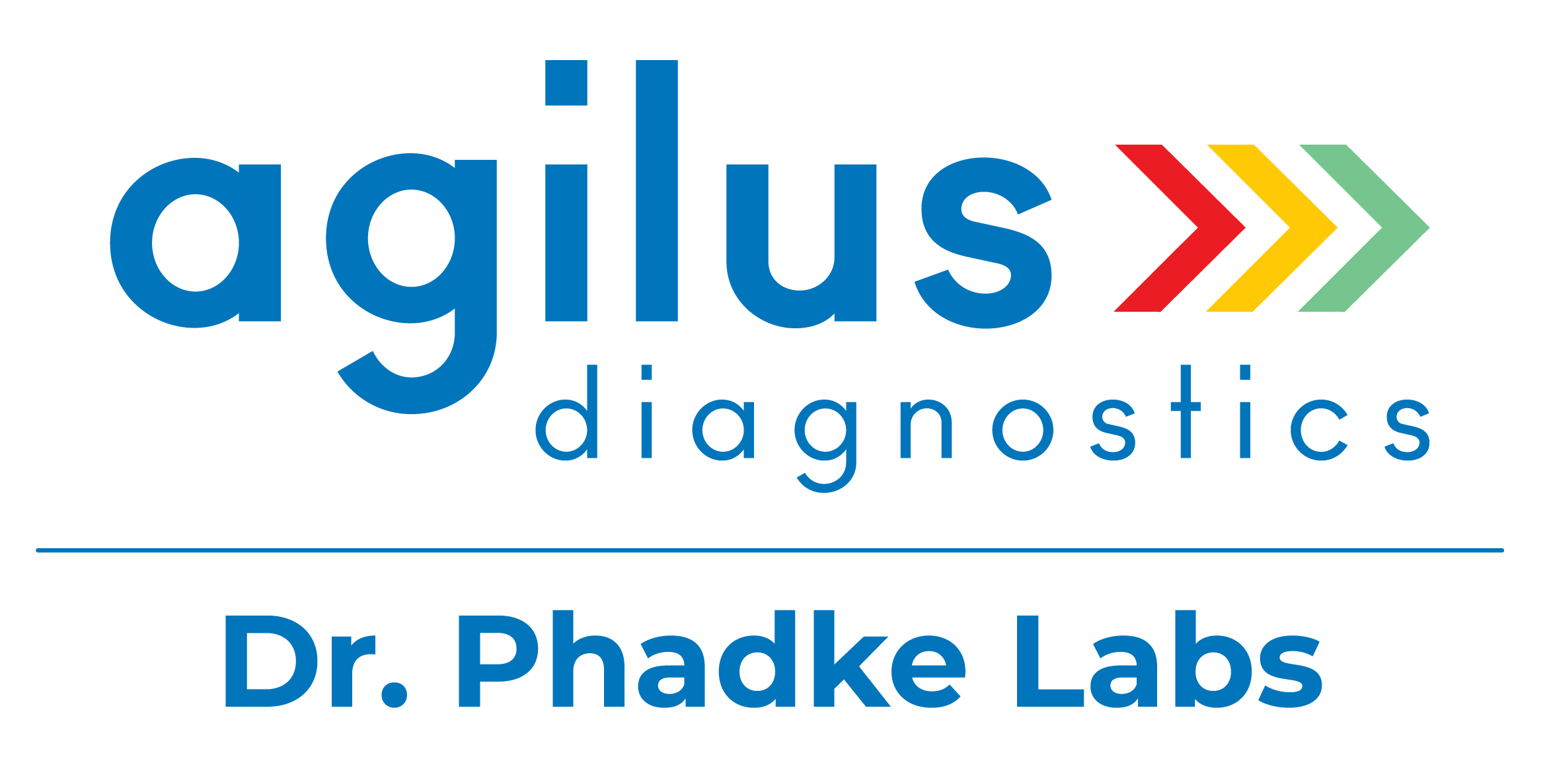Blood Test In Fasting
Blood work is a very common test that is used for the diagnosis of various conditions in patients of all ages.
You may be instructed to fast upto eight hours before your appointment. it means that you don't eat or drink anything except water.
Blood tests are slightly painful and the impact of the test (which is generally very mild swelling and pain around the puncture site) disappears in a day or two.
However, the fasting time (which is usually between 8-12 hours) preceding the fasting blood test can be gruesome.
One must not wait until the day of your draw to ask if you should fast. This can cause your appointment to be rescheduled. One must contact thier doctor in case they have any doubt with regards to the same.
Here are a few tips to handle the fasting time phase well.
In Fasting
- When you book your lab tests online look for options that offer home collection facilities and fix appointments earlier during the day.
- Ensure your water intake is increased significantly to stay hydrated. This helps the shy veins to show up better and makes the blood draw much easier and painless.
- Do not substitute water with fruit juices, coffee/tea or other beverages as the glucose content can alter the test results significantly.
- Avoid driving or operating machinery during the fasting period. Infact avoid any kind of strenuous work (no workouts or staying outdoors for a long time) that it might make you feel weak and exhausted before the test.
- Continue water intake and rest well if a feeling of dizziness overtakes you. Do not use health supplements or vitamin capsules during the fasting period as this can alter the test results too.
- Test like Glucose testing that checks blood - sugar levels and tests determining cholesterol , triglycerides, high density lipoprotein ( HDL) levels requires fasting. Many labs require fasting, which is why one must check with your doctor.
- Once the said process is over, you can eat and drink something immediately. It’s a good idea to bring something to eat after your appointment. One can also schedule thier blood test for the early morning, so that he length of time that you will go without food is minimised
